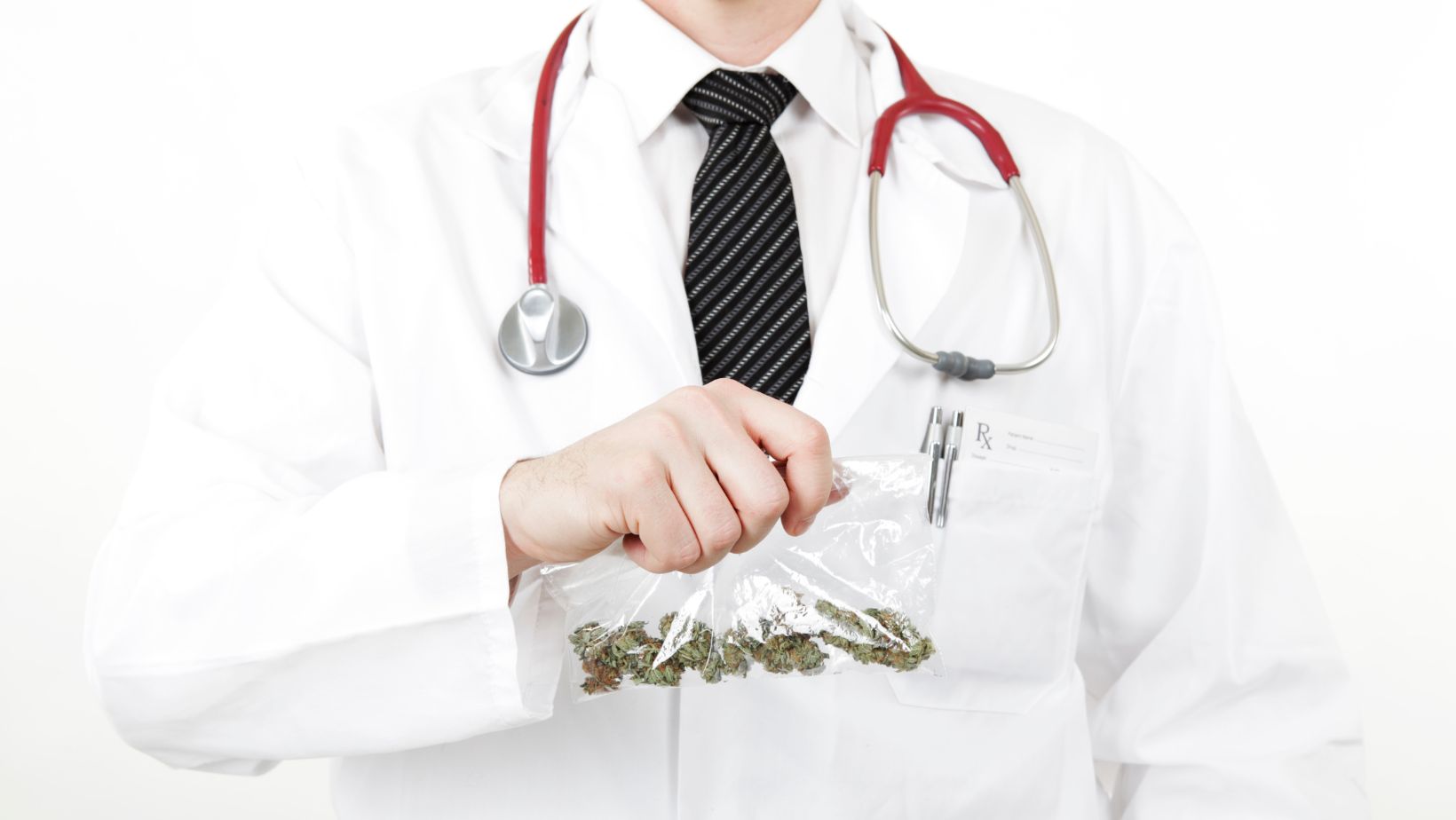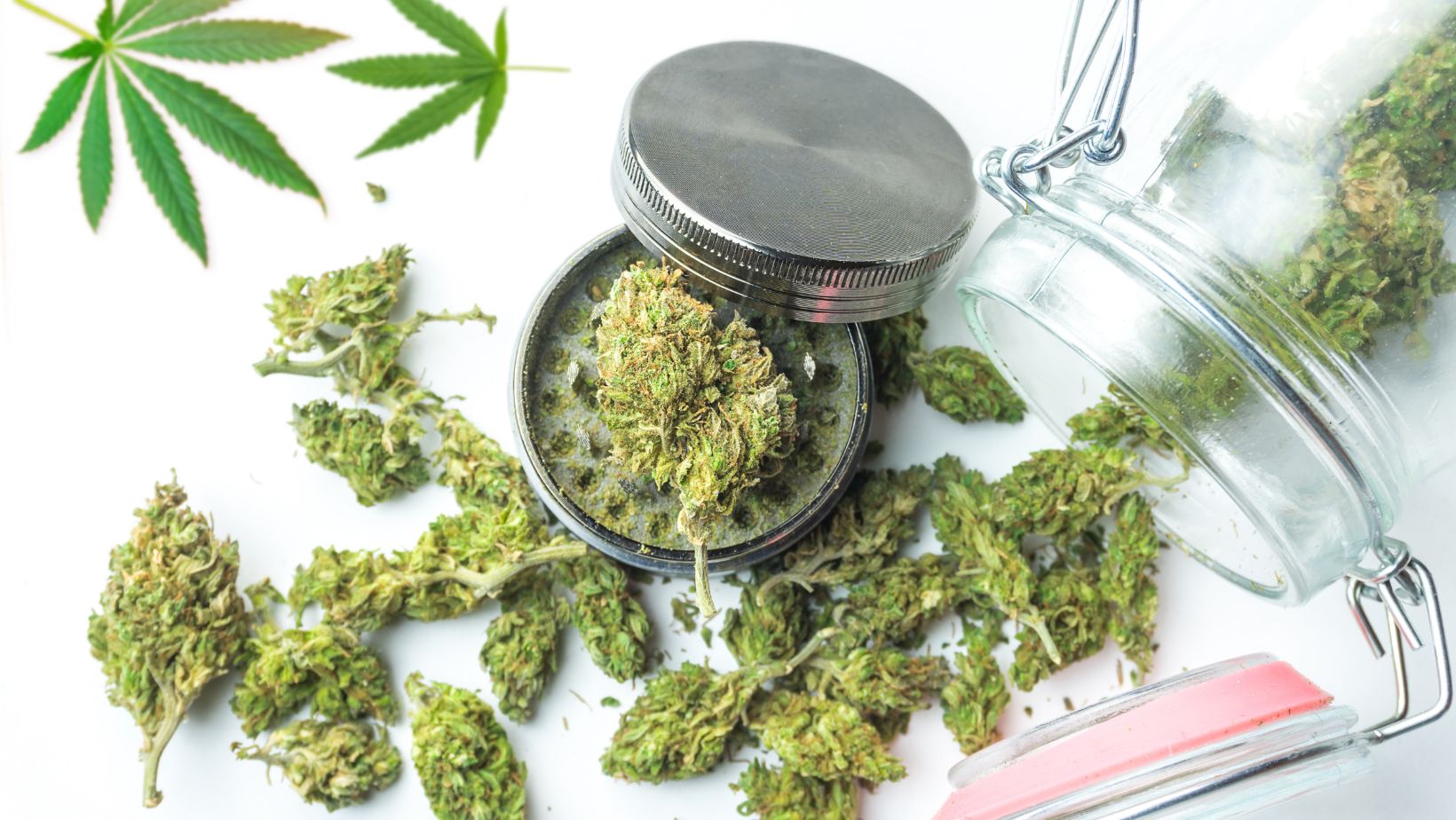Exploring the Benefits of Medical Marijuana

The benefits of medical marijuana have been debated for decades. Currently, many patients use it for pain control and to stimulate appetite when traditional medications don’t work.
They are also using it for anxiety, glaucoma, and terminal illness. Despite some concerns, many are convinced that it is safe and effective.
Pain Relief
Medical marijuana is used to ease a host of pain conditions. It appears to relieve neuropathic pain (nerve pain that causes tingling), multiple sclerosis, and fibromyalgia better than opiate medications, and it reduces the tremors associated with Parkinson’s disease. It eases muscle spasms and joint pain caused by rheumatoid arthritis, and it is effective at relieving the nausea that accompanies chemotherapy.
It seems to help a range of other conditions, such as HIV-related pain and wasting syndrome, and it can help reduce the doses of some medications that are harmful to patients’ kidneys or stomach. However, it’s not clear if medical marijuana can benefit most people who use it for chronic pain. Observational studies may look promising, but gold-standard randomized clinical trials are the best way to evaluate treatment outcomes.
Sleep Aid
It is essential to get enough sleep to maintain optimal health. However, many people have trouble sleeping due to medical conditions like fibromyalgia, chronic pain, or obstructive sleep apnea.
Some studies show that medical marijuana can help people with insomnia sleep better in the short term.

However, it’s unclear if cannabis can provide long-term sleep benefits, and the results may vary among users.
Marijuana’s calming effects and its ability to relax tension may help with insomnia, but it depends on the specific cannabis strain and dosage. Different strands have varying levels of cannabinoids, including tetrahydrocannabinol (THC) and cannabidiol (CBD).
THC has sedating properties at higher doses, while CBD promotes alertness. Finding the best strain for you may take some trial and error. You should always consult your doctor before trying any new medication or treatment.
Anxiety Relief
Anxiety is a common human emotion. It’s a normal part of life when faced with a stressful situation or an unfamiliar environment. However, anxiety can become debilitating for some people.
Medical marijuana can help treat anxiety disorders such as social anxiety, panic attacks, PTSD, and specific phobias. It’s important to remember that medical marijuana should not replace talk therapy.
THC, a psychoactive component of cannabis, can trigger feelings of anxiety in some patients. It’s essential to choose a strain with low levels of THC and high amounts of CBD (cannabidiol), which is non-psychoactive and helps mitigate the THC effects. Find trusted medical marijuana resources in Canada.

A tincture or edible with a 1:1 ratio of THC to CBD is ideal. Also, be mindful of the potency, as it can vary by patient and strain.
Stress Management
Stress is every day and can motivate you to get things done, but too much stress leads to anxiety, which takes a physical toll on the body. Medical marijuana can help manage your stress and anxiety symptoms.
Cannabis contains terpenes like beta-caryophyllene, limonene, and pinene, which all have stress-busting properties. Different cannabis strains have varying levels of terpenes, allowing for personalized selection.
In addition to reducing stress and anxiety, cannabis relieves nerve pain associated with multiple sclerosis, as well as arthritis, fibromyalgia, irritable bowel syndrome, and glaucoma. It also can ease nausea and wasting from HIV, as well as tremors from Parkinson’s disease. It may even slow the progression of Alzheimer’s and other dementias and reduce the severity of seizures for people with epilepsy.
Depression Relief
Untreated depression can lead to suicidal thoughts, hopelessness, and worthlessness.
People with mild to moderate depression may find relief from their symptoms by using medicinal marijuana, especially a strain that is high in CBD or low in THC. There are various ways to consume medicinal marijuana, such as sprays, pills, and patches.
According to a study published in Frontiers, patients who use medicinal marijuana have reported less anxiety and depression, improved sleep, and quality of life than those who did not. However, chronic and heavy marijuana use can cause withdrawal addiction and can exacerbate depression, so it’s important to talk to your doctor before trying it. They can guide you through other treatment options.
What's Your Reaction?
Deepak is a lover of nature and all things sporty. He loves to spend time outdoors, surrounded by the beauty of the natural world. Whether he's hiking, biking, or camping, Deepak enjoys being active and in touch with nature. He also loves to compete and push himself to his limits. Deepak is an avid cyclist, runner, and swimmer. He has competed in several triathlons and marathons, and is always looking for new challenges to take on.


